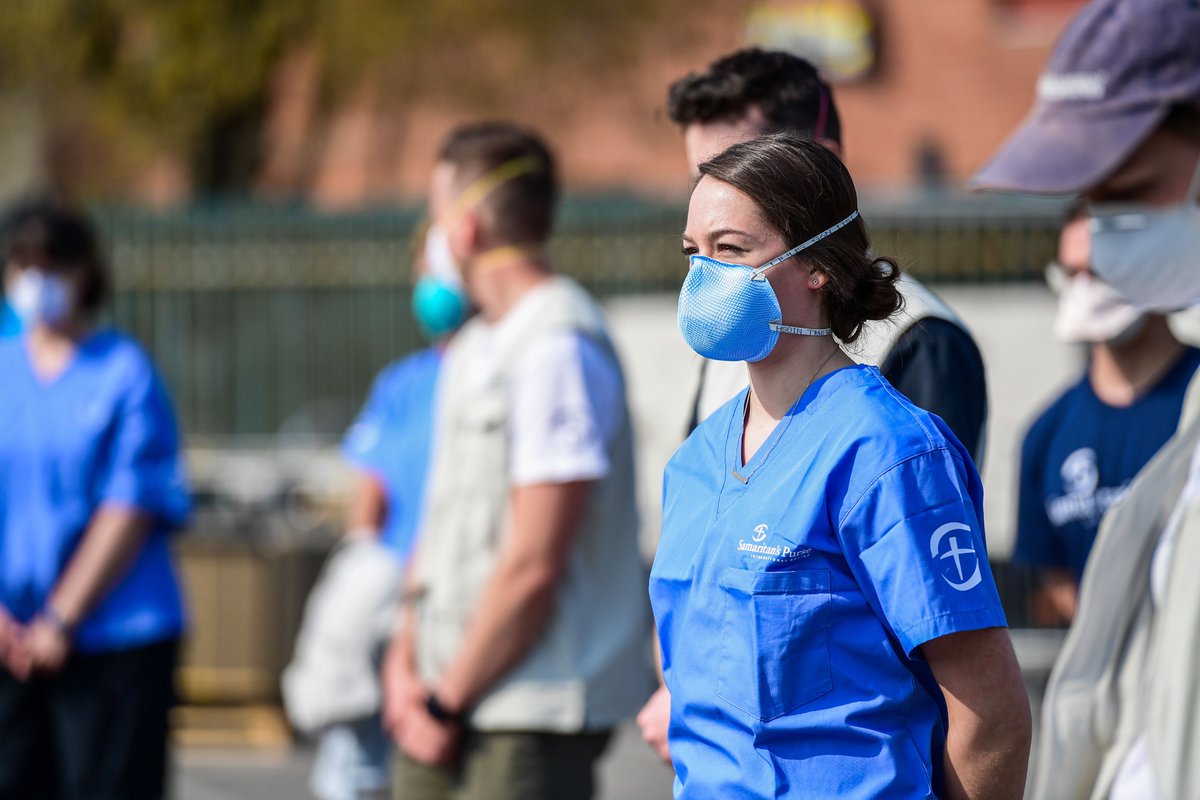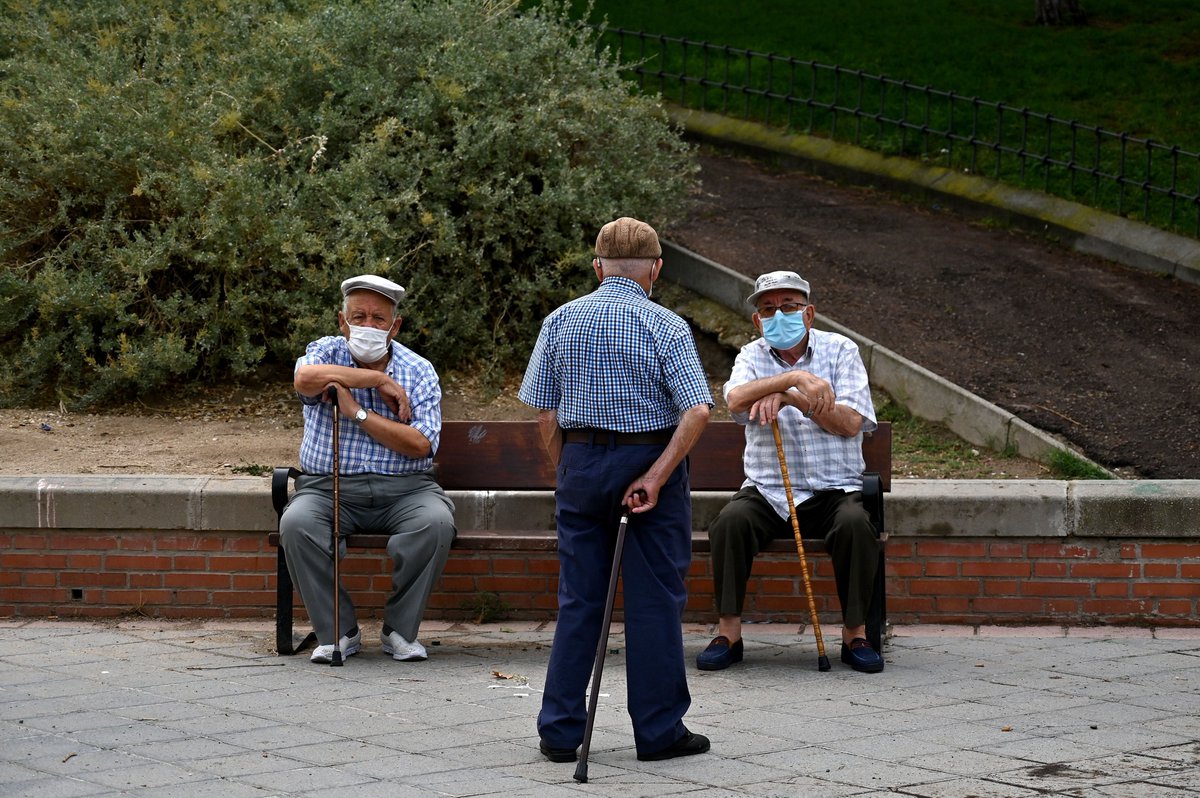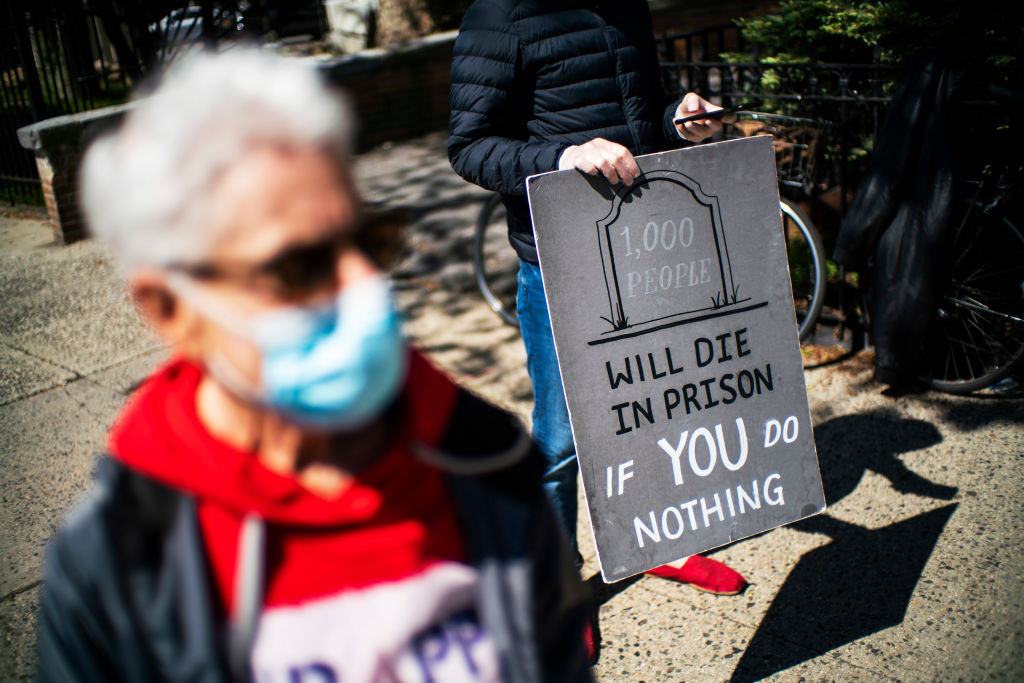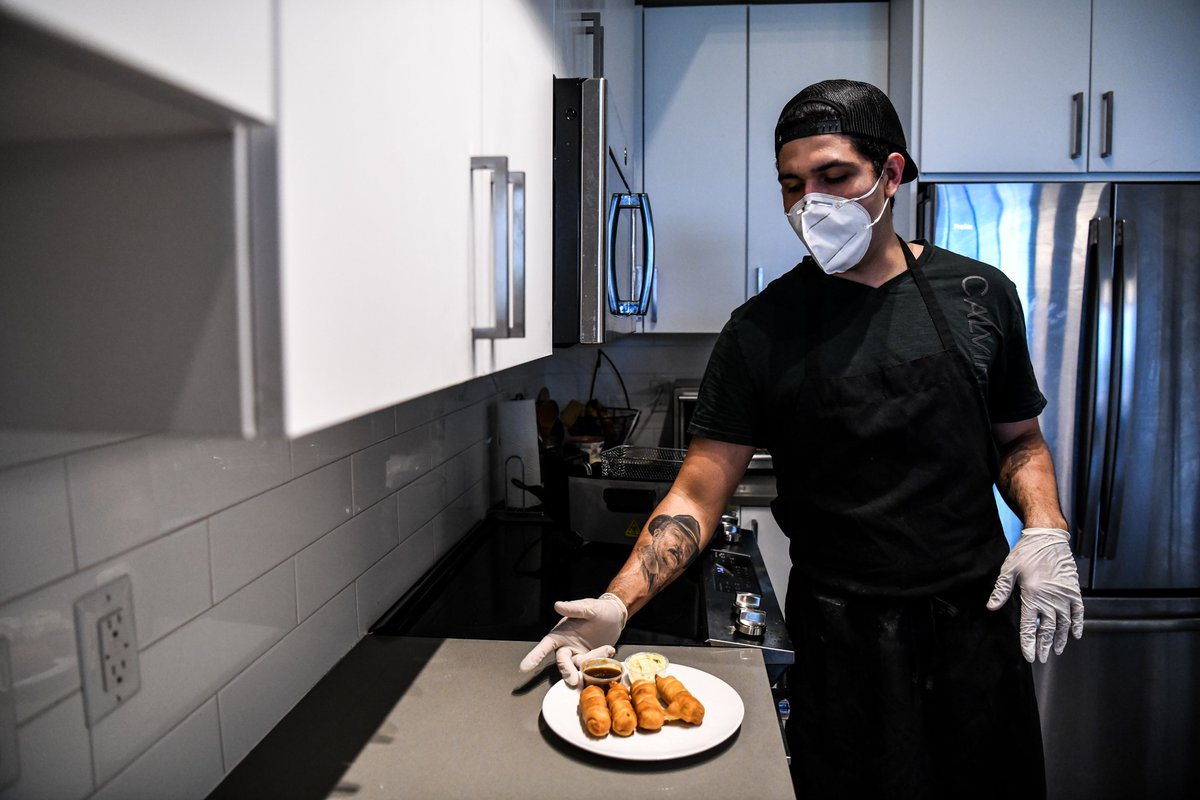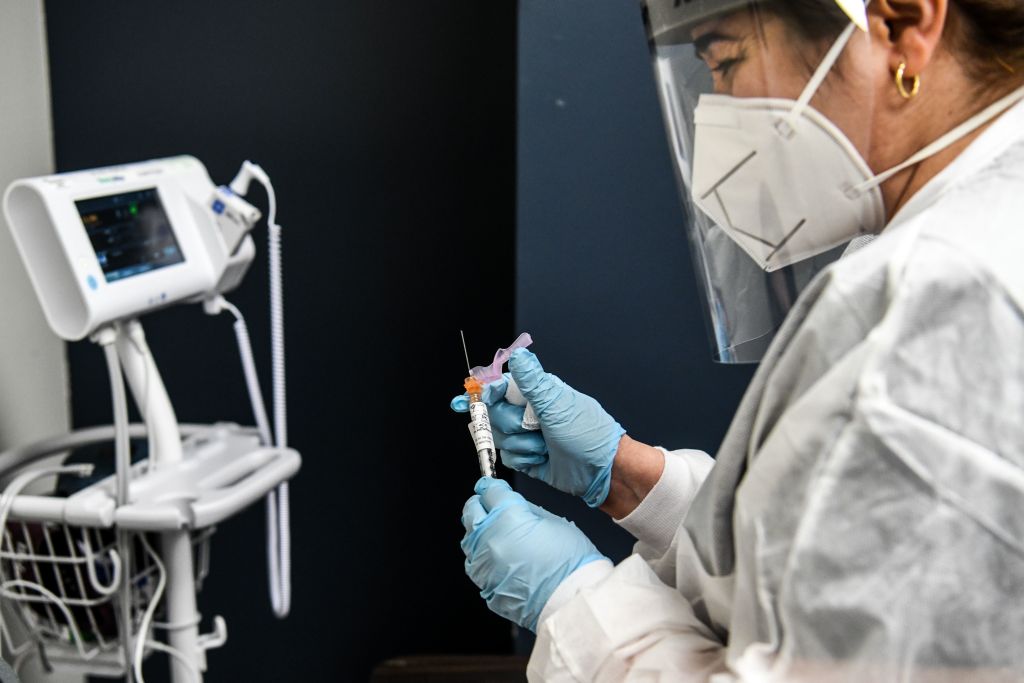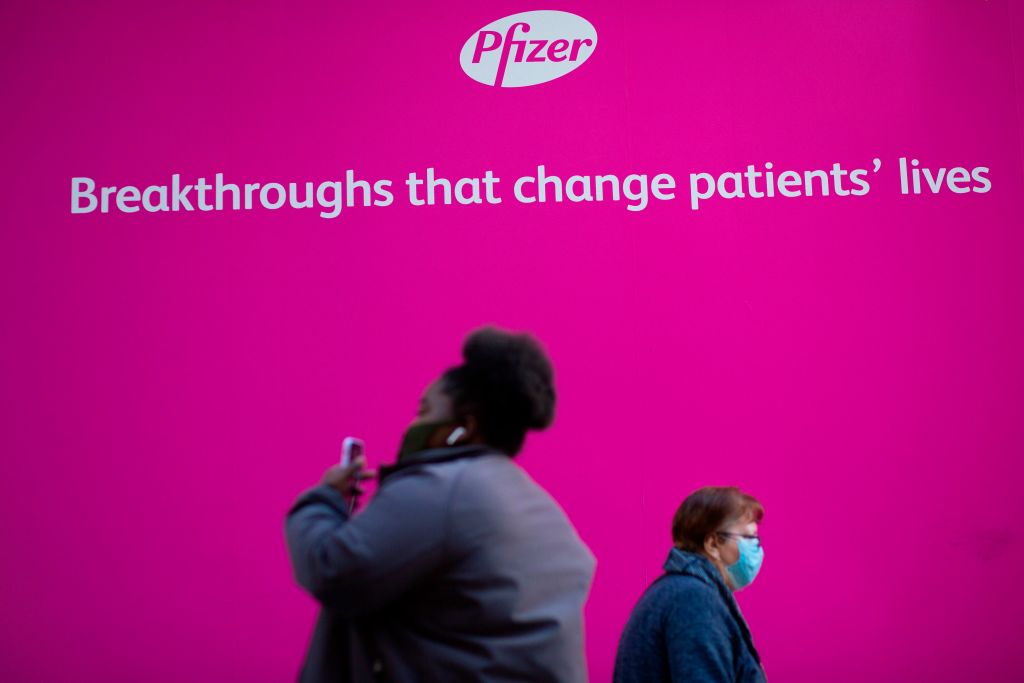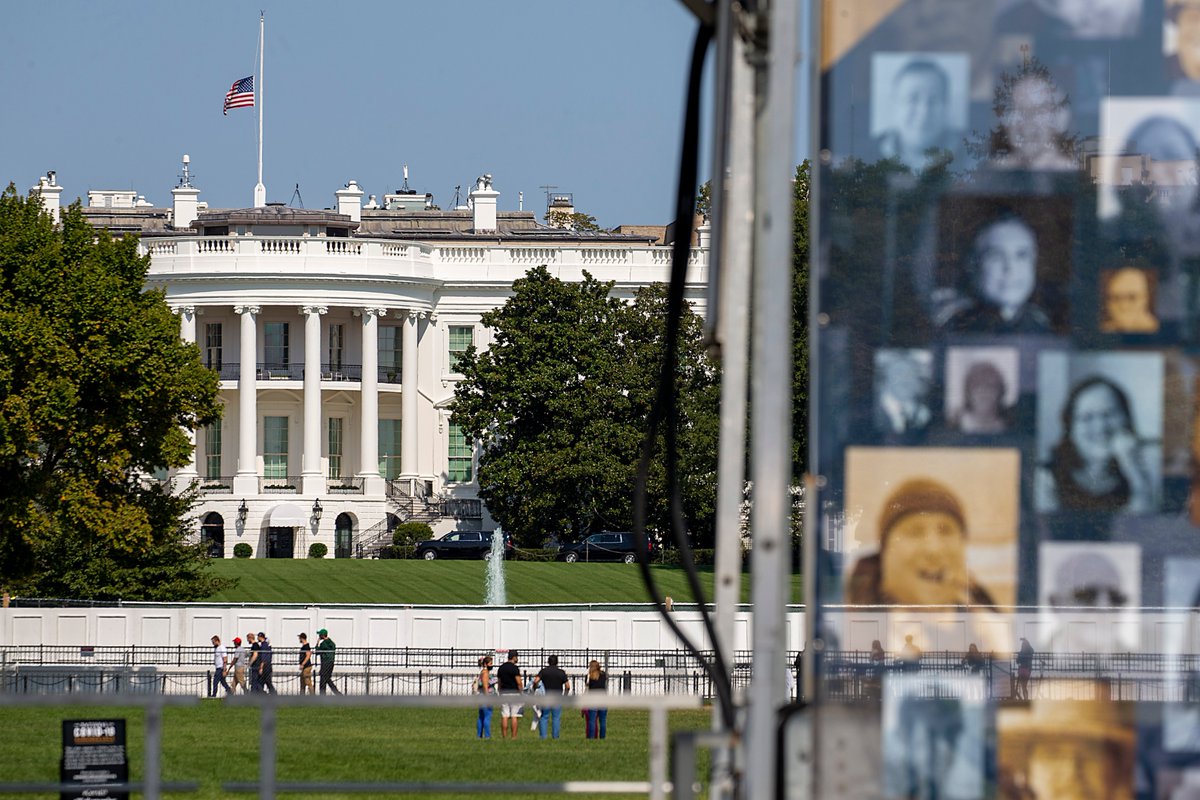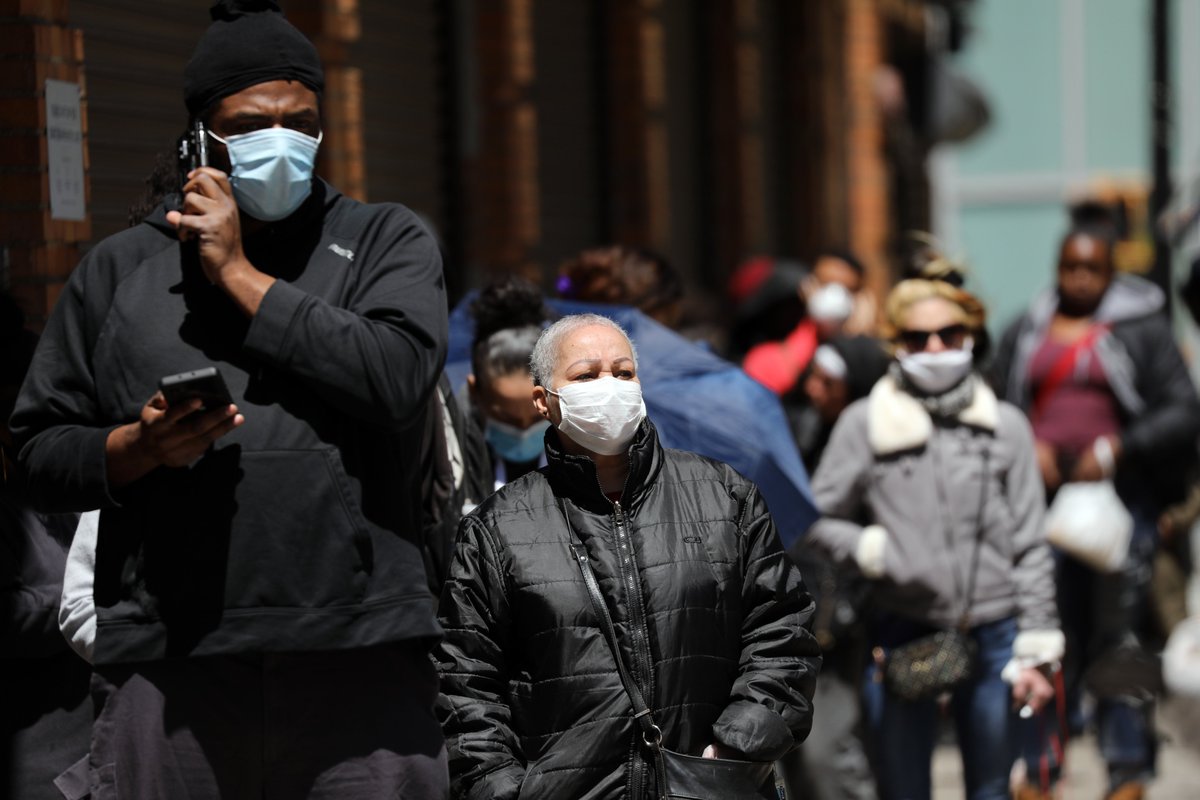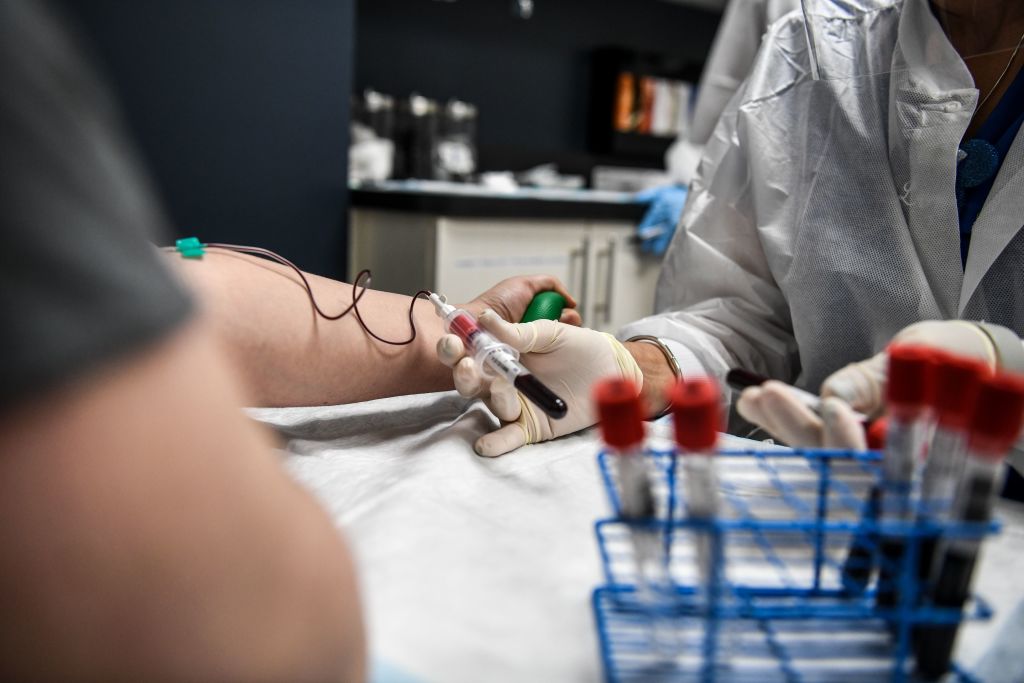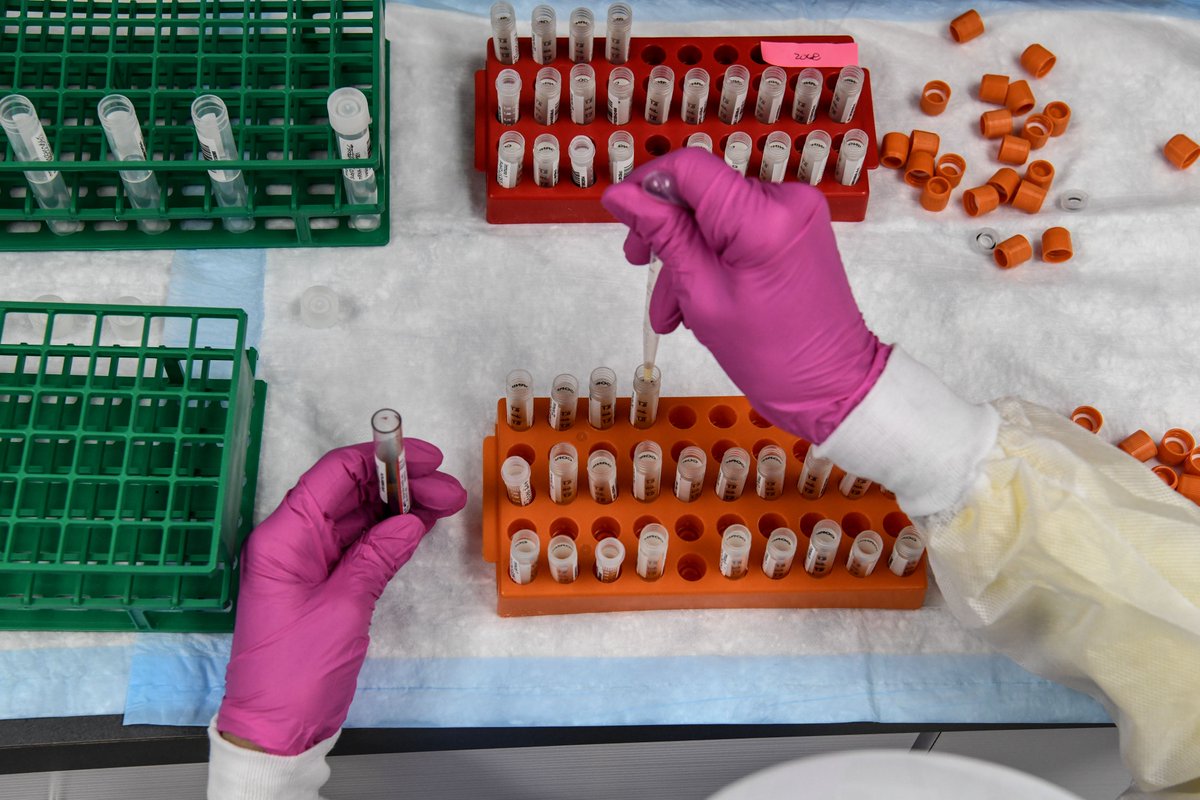Covid-19 has stress-tested the world by forcing a series of moral choices:
Should schools close?
Should society attempt herd immunity?
Should individuals be forced to wear masks?
But the toughest test is yet to come: Who should get the vaccine first? https://trib.al/rwsQJef
Should schools close?
Should society attempt herd immunity?
Should individuals be forced to wear masks?
But the toughest test is yet to come: Who should get the vaccine first? https://trib.al/rwsQJef
Moderna and Pfizer won't be able to produce enough vaccines for the entire global population of almost 8 billion all at once.
Therefore, rationing is inevitable. Some people will have to wait. Who gets to make these decisions? https://www.pscp.tv/bopinion/1zqKVXmvkLXJB
Therefore, rationing is inevitable. Some people will have to wait. Who gets to make these decisions? https://www.pscp.tv/bopinion/1zqKVXmvkLXJB
Everyone seems to agree that health care workers should be the first to be vaccinated. But who comes after them? There’s two routes to take:
1) Protect those most at risk
2) Protect those who will help you reduce the overall spread https://trib.al/rwsQJef
1) Protect those most at risk
2) Protect those who will help you reduce the overall spread https://trib.al/rwsQJef
Some argue that we should prioritize those most at risk of dying — the elderly.
Others believe we should first vaccinate those most at risk of getting or spreading Covid. But this pits the old against the young, the infirm against the healthy https://trib.al/rwsQJef
Others believe we should first vaccinate those most at risk of getting or spreading Covid. But this pits the old against the young, the infirm against the healthy https://trib.al/rwsQJef
Medical workers are obviously at risk, and have a duty to put themselves in harm’s way.
Statistically, prisoners follow them on the list of people most likely to be harmed. As prisons are Covid-19 incubators, vaccinating inmates would limit the spread https://trib.al/rwsQJef
Statistically, prisoners follow them on the list of people most likely to be harmed. As prisons are Covid-19 incubators, vaccinating inmates would limit the spread https://trib.al/rwsQJef
Within the U.S., ethnic minorities, largely because higher rates of poverty make them more likely to suffer the underlying conditions that make Covid-19 more deadly.
People are also more at risk if they cannot work from home https://trib.al/rwsQJef
People are also more at risk if they cannot work from home https://trib.al/rwsQJef
Once we settle on who gets the vaccine, questions remain about the cost of it.
“A vaccine is meaningless if people are unable to afford it,” John Young, the chief management officer of Pfizer once said https://trib.al/rwsQJef
“A vaccine is meaningless if people are unable to afford it,” John Young, the chief management officer of Pfizer once said https://trib.al/rwsQJef
Nobody asserts that drug companies should be able to charge whatever the market can bear for a Covid-19 vaccine.
But anyone who develops a vaccine will have performed an immense service to humanity. And so Pfizer defends its right to make a profit https://trib.al/rwsQJef
But anyone who develops a vaccine will have performed an immense service to humanity. And so Pfizer defends its right to make a profit https://trib.al/rwsQJef
Pfizer has a $2 billion deal with the U.S. government to supply as many as millions of doses.
Once governments have bought the vaccine, should they require patients to pay for their own shots? https://trib.al/rwsQJef
Once governments have bought the vaccine, should they require patients to pay for their own shots? https://trib.al/rwsQJef
Most people with money would happily pay much more than $30 to free themselves from the coronavirus.
But in the many developed countries with nationalized health systems, the question doesn’t arise: taxpayers pay, and the vaccine is free for patients https://trib.al/rwsQJef
But in the many developed countries with nationalized health systems, the question doesn’t arise: taxpayers pay, and the vaccine is free for patients https://trib.al/rwsQJef
After cost comes compulsion: Should a vaccine be mandatory in certain situations?
Taxes are compulsory. Does that mean vaccination should be, too? The public-health case for it is strong https://trib.al/rwsQJef
Taxes are compulsory. Does that mean vaccination should be, too? The public-health case for it is strong https://trib.al/rwsQJef
Private entities could also play a role:
 An employer might demand vaccination
An employer might demand vaccination
 A university might require it for faculty and students
A university might require it for faculty and students
 A vaccine might be dangled as a golden ticket to return to theaters, cinemas, night clubs or sports events https://trib.al/rwsQJef
A vaccine might be dangled as a golden ticket to return to theaters, cinemas, night clubs or sports events https://trib.al/rwsQJef
 An employer might demand vaccination
An employer might demand vaccination A university might require it for faculty and students
A university might require it for faculty and students A vaccine might be dangled as a golden ticket to return to theaters, cinemas, night clubs or sports events https://trib.al/rwsQJef
A vaccine might be dangled as a golden ticket to return to theaters, cinemas, night clubs or sports events https://trib.al/rwsQJef
If many citizens opt to stay unvaccinated, the virus and the messy ethics of compelling vaccination will have helped to create another permanent division https://trib.al/rwsQJef

 Read on Twitter
Read on Twitter